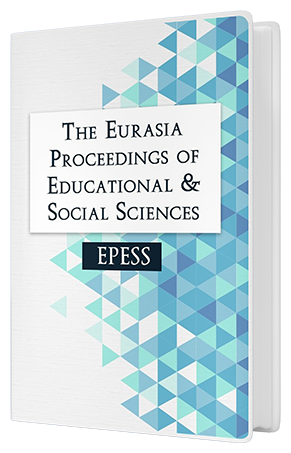The Students’ and Lecturers’ Viewpoint about Efficiency of Mathematics Teaching Style
Keywords:
Educational psychology theories, Friedman nonparametric tests, Kolmogorov-Smirnov test, Chi-square test, Kruskal-Wallis testAbstract
The technological and industrial advances in any country depend primarily on the interactive academic developments. Indeed the basis for technology has been constructed by science such as mathematics as a top priority. In the present study, along with inspecting five distinctive educational psychology theories, various teaching styles of mathematics were scrutinized. For this purpose, a special questionnaire was developed in which every question includes one of fundamental characteristics of these theories. The participants in this survey were ninety B. Sc. students of mathematical sciences in University of Zabol. According to the statistical analyses, the heuristic problem-solving teaching and speech-based styles were the most interesting and least attractive methods respectively for the survey participant while the speech-based style is the most prevalent teaching style for them.Downloads
Published
Issue
Section
License
Copyright (c) 2018 The Eurasia Proceedings of Educational and Social Sciences

This work is licensed under a Creative Commons Attribution-NonCommercial-ShareAlike 4.0 International License.
The articles may be used for research, teaching, and private study purposes. Any substantial or systematic reproduction, redistribution, reselling, loan, sub-licensing, systematic supply, or distribution in any form to anyone is expressly forbidden. Authors alone are responsible for the contents of their articles. The journal owns the copyright of the articles. The publisher shall not be liable for any loss, actions, claims, proceedings, demand, or costs or damages whatsoever or howsoever caused arising directly or indirectly in connection with or arising out of the use of the research material. All authors are requested to disclose any actual or potential conflict of interest including any financial, personal or other relationships with other people or organizations regarding the submitted work.




